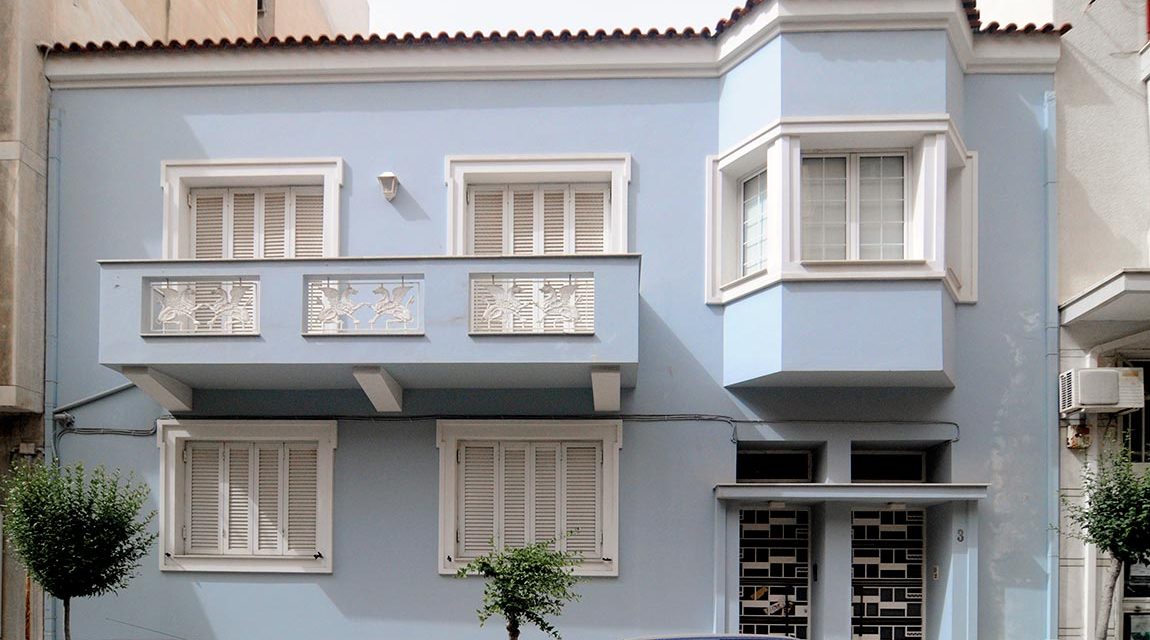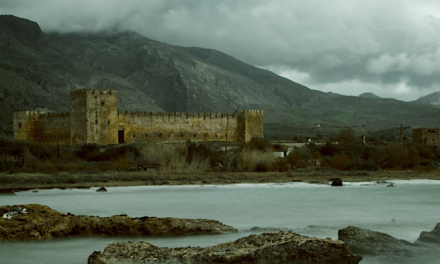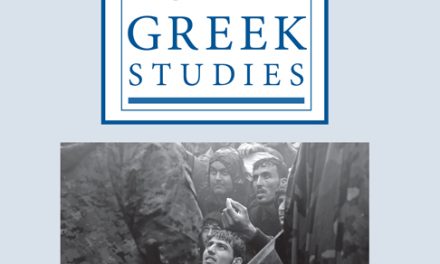Princeton University has inaugurated the Athens Center for Research and Hellenic Studies, adding a formal home base for Princeton scholars in Greece. Three years in the planning, the center is led by the University’s Seeger Center for Hellenic Studies.
“An academic home in Greece embodies some of the key goals of the Stanley J. Seeger Hellenic Fund, established in 1979,” said Dimitri Gondicas, founding director of the Seeger Center. “Creating the Princeton Athens Center was consistent with the vision of our benefactor, Stanley J. Seeger, whose legendary generosity made it possible for Princeton to be a world leader in Hellenic studies.”
Every year, the Seeger Center for Hellenic Studies supports more than 100 Princetonians for study and research in Greece, said Gondicas.
At an evening reception at the new center, after welcoming attendees with a warm Greek “Kalos orisate! Welcome!”, Gondicas said that: “Princeton has enjoyed strong, enduring links with the Hellenic world, and it has been an international leader in the study of Greek culture. As scholars, educators, philanthropists, public servants, business people, art collectors and writers, Princetonians have contributed immensely to the cultural and international relations between Greece and the United States.”
Princeton President Christopher L. Eisgruber participated in the ribbon-cutting ceremony and greeted the 55 guests including faculty, students, friends, and alumni.
“This is the first time Princeton University has opened a research and scholarship center anywhere outside of the United States,” said Eisgruber, Class of 1983. Acknowledging the “extraordinary generosity and vision” of Seeger’s gifts and of many alumni attending the reception, Eisgruber said these gifts ask the University “to build upon the study of ancient and modern Greece and to do so in a way that understands the broad influence of Greece in the world. As we seek to make this enterprise succeed … we will depend on our connections here in Greece to make this a thriving hub of activity.”
The center — located in the Stanley J. Seeger ’52 House, a 1930s-era townhouse in downtown Athens renovated by Nasos Antachopoulos and Yannis Younis of Athens-based A6Architects — features conference facilities, a seminar room, offices, study spaces, informal common areas and a terrace with a view of the Parthenon in the distance. Situated down the street from Aristotle’s Lyceum in a historic, diverse neighborhood, the center is close to libraries, museums and archaeological sites.
Gondicas added that the Princeton Athens Center is designed to extend international opportunities across academic disciplines. “We have strong interest on the part of colleagues in the natural sciences and engineering to be part of this new venture, so they can engage actively with their counterparts and students in Greece.”
Learning from the Hellenic world: Ancient, medieval and modern
Opportunities for Princeton students to study and conduct research in Greece range from an archaeological excavation in northern Greece to PIIRS Global Seminarsfocused on history and theater.
Michael Cadden, chair of Princeton’s Lewis Center for the Arts, has twice co-taught “Re:Staging the Greeks,” crosslisted in theater and Hellenic studies, with a spring break trip to Greece. In summer 2012, he co-taught the course as a six-week PIIRS Global Seminar, which he will teach again in summer 2017.
“I love the idea of having a Princeton home base in Athens to help center our activities and to encourage contact with other Princeton faculty and students pursuing projects in Greece,” Cadden said. “And we’ll be able to invite our Greek friends over to our place. The Greeks take hospitality very seriously!”
Christian Wildberg, a professor of classics and director of the Program in Hellenic Studies, last summer taught a PIIRS Global Seminar “Culture and Counterculture in Ancient Athens,” crosslisted in classics and Hellenic studies, and said he was astonished at how much students can accomplish in Greece in just six weeks. “The most amazing thing was the final papers that my students submitted a few weeks after returning from Athens,” Wildberg said. “Topics ranged from mythology and pre-Socratic philosophy. . . and ended with discussions of the rise of Christianity. Reading those papers in all their fascinating diversity was almost as much of a tour de force as the seminar itself.”
In partnership with Hellenic studies, the Princeton Council of the Humanities hosts faculty-led trips to Greece and organized Princeton’s first journalism seminar abroad last summer, called “Reporting on the Front Lines of History — in Greece.”
The article is a shorter version of the original, published in princeton.edu: Princeton establishes a center for scholars in Athens
TAGS: EDUCATION | MODERN GREEK STUDIES














